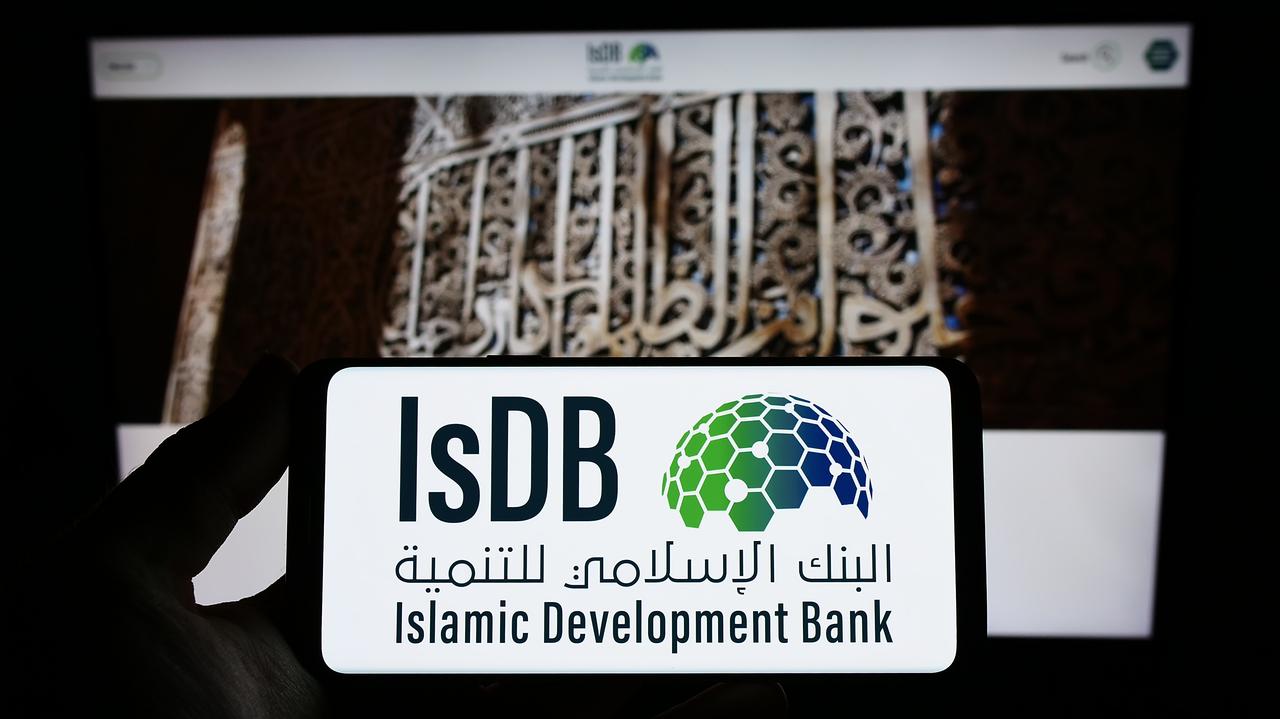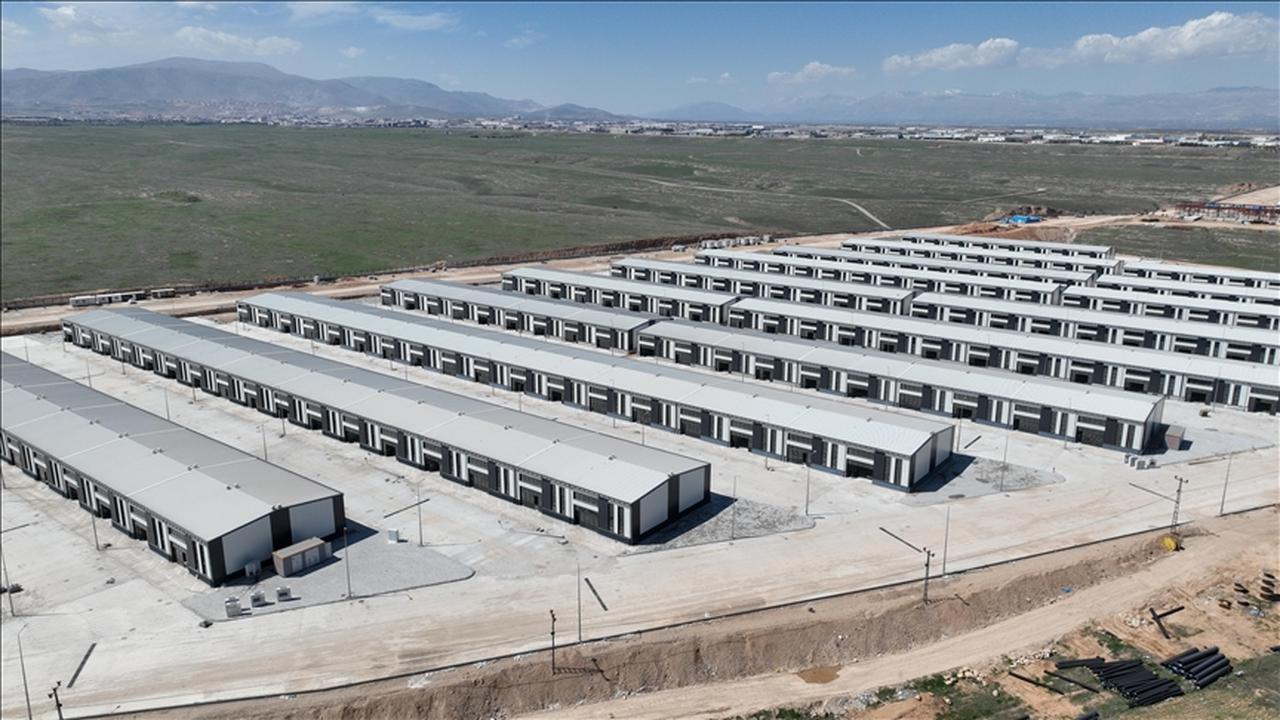
Türkiye signed two major agreements with the Islamic Development Bank (IsDB) on Friday, securing approximately $740 million in funding to rebuild and modernize key sectors in provinces affected by the 2023 earthquakes.
The agreements were formalized in Ankara by Kerem Donmez, who leads Foreign Economic Relations at the Ministry of Treasury and Finance, and Walid Abdelwahab, who oversees the IsDB Group's regional operations in Türkiye.
The bank described the deals as the latest chapter in a development partnership spanning half a century.
To date, IsDB has extended over $14.7 billion to Türkiye, backing nearly 600 projects across various sectors—from modern transport and clean energy to healthcare and education.
These new agreements align with Türkiye’s 12th Development Plan and the bank’s 2024–2026 Country Engagement Framework.

A key part of the package includes €500 million (approximately $576 million) in funding for the seismic upgrade and expansion of two hospitals in Istanbul.
The investment falls under the Istanbul Seismic Risk Reduction and Emergency Preparedness (ISMEP) program.
One of the hospitals, Fatih Sultan Mehmet Training and Research Hospital, will expand fivefold, growing from 310 beds to 1,584.
Once completed, it will be able to accommodate 800,000 emergency visits and more than 2.6 million outpatient appointments annually.
The IsDB noted that this is its largest single health sector financing in Türkiye so far. The Council of Europe Development Bank is also contributing to the project.
With the latest agreements, the total external financing provided to Türkiye’s public sector since the beginning of 2025 has reached approximately $3 billion.
In terms of earthquake recovery efforts, total funding secured from international institutions for the public sector has climbed to around $6.5 billion.

Speaking at the signing, Donmez said the investments reflect the government’s commitment to building robust infrastructure in both the education and healthcare sectors, particularly in Istanbul and areas affected by the earthquake.
Abdelwahab echoed this sentiment, emphasizing the bank’s long-term support. He called the projects transformative, stating they aim to meet urgent national needs while laying the groundwork for future resilience and inclusive development.
Commenting on the financing, Treasury and Finance Minister Mehmet Simsek stated that Türkiye continues to secure long-term and concessional external financing across various sectors in line with its sustainable development goals.
He added that the agreement signed with IsDB will significantly support the strengthening of public hospitals in Istanbul and educational institutions in the earthquake zone.
Simsek further noted, “The long-term and favorable terms of these funds, compared to market conditions, are a clear indication of the confidence international financial institutions have in Türkiye’s economy and its policy program.”